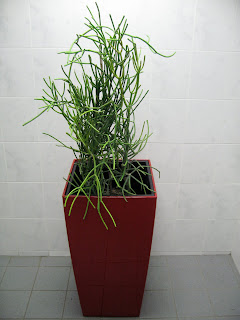
Our plantscapes of N.E. clients within the sourounding Boston, MA and Rte 128 area are incubators for green plant growth.
Growth is certainly one of the most striking phenomena observable in any plant ecosystem or just in your office plants alone!
Meristems is the cell division, enlargement-elongation, and specialization of green plant cells of your indoor office plants, that is also called growth. But how does this work? Why do your plant cells divide, enlarge-elongate, and differentiate?
Genetics and growth hormones are what make your interior office plants grow and stay healthy.
At PDI Plants that is our job to keep these complicated biochemical processes functioning correctly within your office plants.











